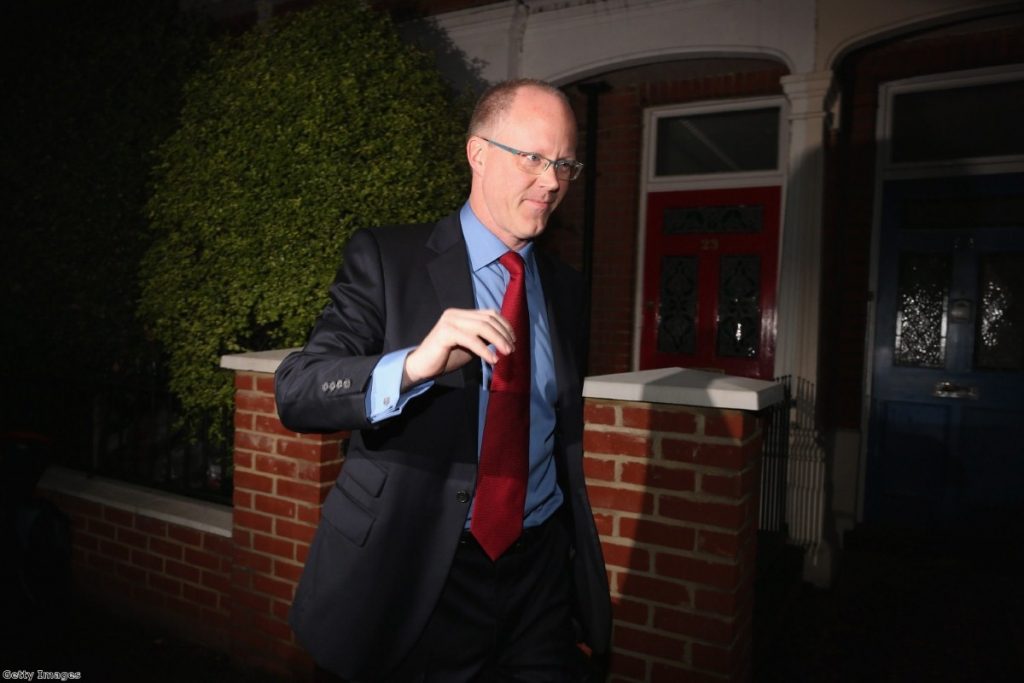‘Cavalier’ BBC scorns payoff criticism
A damning report by MPs condemning the BBC's "cavalier use of public money" has been dismissed as "shabby" by Lord Patten.
The chairman of the BBC Trust said criticising the Commons' influential public accounts committee was "the equivalent of swearing in church" – before mounting an uncompromising attack on MPs' report into severance packages at the BBC.
Parliamentarians turned their fire in a report published today on the £450,000 payoff handed to former director-general George Entwistle after he resigned just 54 days into the job this autumn.
The settlement was twice what he was contractually obliged to. Entwistle also received private healthcare for 12 months, a contribution to the cost of his legal fees and public relations advice to cope with the Jimmy Savile scandal that had cost him his job.


"This cavalier use of public money is out of line with public expectations and what is considered acceptable elsewhere in the public sector," committee chair Margaret Hodge said.
Over-generous payoffs at the BBC go beyond Entwistle, MPs warned. Since November 2010, they revealed, there have been ten other senior managers received payoffs totalling over £4 million.
Caroline Thompson, the former chief operating officer of BBC, received £670,000 after she left because she did not get the director-general job.
In total 422 senior BBC managers received private medical cover worth over £667,000. The MPs' report added: "It is difficult to see how the use of public money to fund private healthcare for senior BBC managers can possibly be justified."
Patten said senior managers no longer received the "perk" of private healthcare. He said both the total number of senior managers and their total salaries had been cut by 30%.
"You can't deal with these things retrospectively but you can deal with them for the future," he told the Today programme.
Patten's main frustrations were with the criticisms relating to Entwistle's exit, which he suggested could have been more costly had legal advice to settle not been heeded.
"It's the equivalent of swearing in church, but the treatment we've had from them is a bit shabby," he complained.
"I don't think they've been fair because they don't look at our legal arguments at all. We can't retrospectively change people's contractual arrangements."
Patten's own job has come under scrutiny throughout what has been a nightmarish period for the BBC. He accepted he had been forced to consider his position by hostile tabloid headlines, but made clear he was not intending to resign.
"I'm absolutely clear in my own mind it's my job to continue to press for management change and reform in the BBC to make the changes to ensure the BBC continues to be most trusted broadcaster in the country," he added.
MPs' outrage at the BBC's use of public money follows yesterday's Pollard review into the handling of the Jimmy Savile scandal, which cost Newsnight editor Peter Rippon and deputy head of news Stephen Mitchell their jobs.
Some have questioned whether more senior managers should have been sacked after the scandal. That approach was rejected by acting director-general Tim Davie on Newsnight last night.
"Success for me is not necessarily how many people I dismiss," he insisted.
"It's about making a fair and proper judgement on the facts in front of me and making sure the BBC is in a position to rebuild trust."









